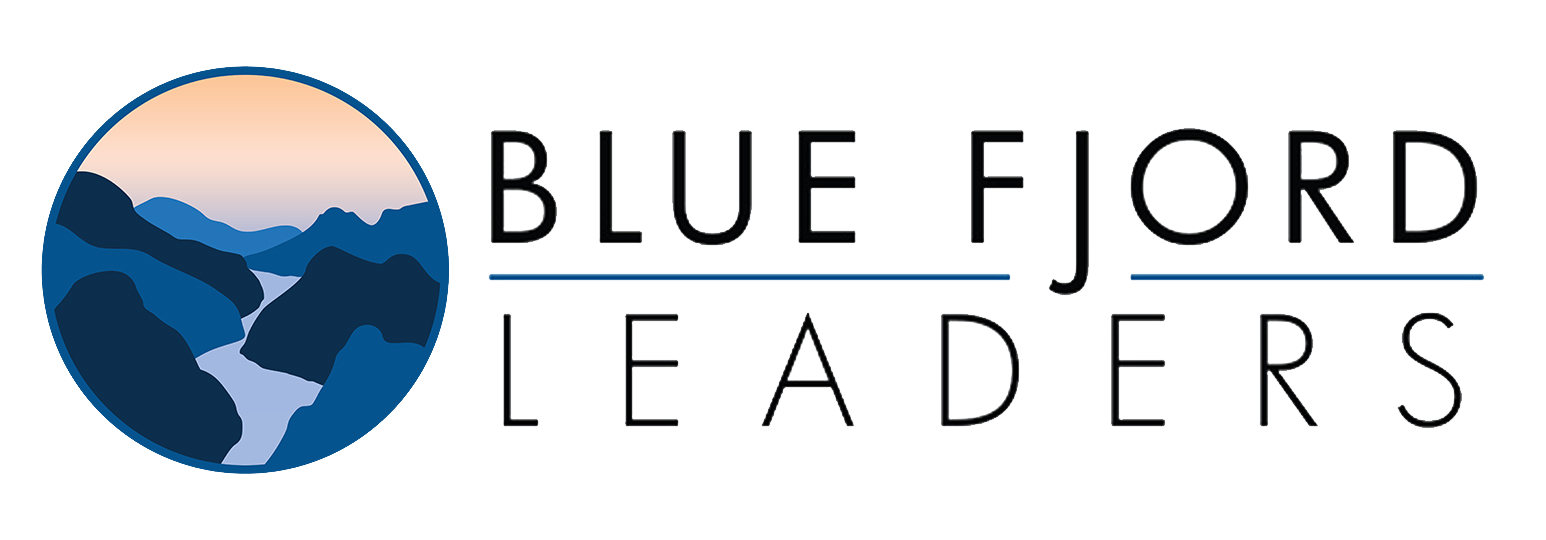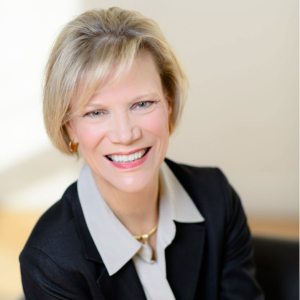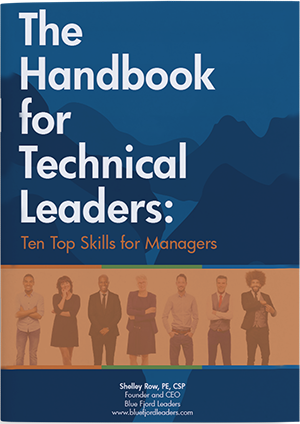Is learning something new the best way to combat “pandemic fatigue?”
I don’t know about you, but since mid-March I’ve now seen, heard and read at least a gazillion advice columns and podcasts from “experts” all telling us ways in which we could be improving and enhancing our lives during the pandemic. Whether it’s by organizing the garage or challenging ourselves with new and better habits like baking bread or launching a new career path, these lists of what we “could” be doing are seemingly endless.
As a coach and business mentor, I do find it interesting that experts think the best use of our time in lockdown is to go “outside-of-the-box.” While discovering if you’re good at kneading dough or brewing your own beer will pass the time, it’s not likely going to change who we are as people and our view of the world (Because, are you really going to stop buying bread at the store now?).
On the other hand, what I teach clients to do in their “down time” is a different kind of exploration. It’s one that doesn’t require you to seek out brand new ways of doing things or embracing a totally new way of life. What my coaching program does is it teaches you how to look inward to bring about real change. Neuroscience shows us not only what filters are clouding our view of the world, but also how removing these filters can change everything.
What are the drivers behind your behaviors?
Imagine a Ferrari. It looks sleek and fast. Now imagine a Ferrari with a Ford Focus engine. It still looks sleek but its performance is impacted by the mechanics under the hood. It’s not so different for you. The influences “under your hood” dramatically impact your performance, your work style and communication style. Assessment tools give insight into your workplace behavior; however, they are less helpful for identifying other factors that exist under the hood particularly your stories and filters. Values also have a key influence on your behaviors and are linked to stories and filters. We aren’t going to work on values today, but you can refer back to my previous article to refresh your memory.
Today we dive under the hood to identify and learn about the impact of your filters and stories.
Filters. Filters are the screen through which you see the world. They come from your background and provide your context. Filters color your perception and impact your decisions, judgements and connections. For example, I’m from a small farming town in Texas, the oldest daughter of a disciplinarian father and polite mother. We attended the Baptist Church every Sunday and always did our homework. Some of these filters showed up early in my engineering career when I worked for the Texas Department of Transportation. An engineer from New York State came to Texas to learn about our projects. As we drove from project to project together, I politely answered his questions, “Yes, sir…” “No, sir….” After a few exchanges, he grew agitated and said, “Why do you keep saying, ‘sir’? Are you patronizing me?” I was stunned. When viewed through my filters, I was being respectful by saying “sir” but viewed through his filters, I was patronizing.
What are your filters? Consider your background, family norms, your geographic area and more. All those factors color your perceptions and judgements. Without your awareness, they work from under the hood to sway your view of the work world. Here are questions to aid you in identifying a few of your filters.
- Are you from the big city, small town or countryside?
- Are you the oldest, youngest, middle or only child?
- What religious tradition were you raised in (if any)?
- What educational background does your family have?
- What cultural background were you surrounded by?
- What hobbies were your family involved in – sailing, camping, music?
- What hobbies are you passionate about?
- What did your parents or family do for work?
- What type of work did you do early in your life?
- What was your family community involvement like?
- What political philosophy you were surrounded by?
- What other environmental factors color the context of your life?
How do these filters impact your world view, your perceptions of others and, possibly, even your decisions? Pay attention to notice their subtle – or sometimes not so subtle – influence.
Stories. Stories are our perceptions of “truths” we internalize from parents, family, teachers, friends or other influential people in our life. The stories stick in the brain and, sometimes when we aren’t even conscious of them, they sway your behavior. Here are a few of my stories:
- Be nice
- Work hard
- Don’t interrupt
- Play fair
- Don’t impose
- Do as you’re told
Stories are powerful influencers from under the hood. For example, I struggled to terminate an under-performing employee because “be nice” echoed in my head. Jumping into a high-energy conversation to express my idea was hindered by the “don’t interrupt” soundtrack. I couldn’t ask for help from a colleague for fear of “imposing. Stories like these get in my way until they are identified and you develop the skill to consciously choose if, when or how they apply.
One of my coaching clients struggled to overcome his story when applying reflective listening skills. Reflective listening is when you reflect the content from another person to ensure that you understand correctly. You use a phrase such as, “What I hear you saying is….” This client had a strict upbringing by a mother who tolerated no backtalk at all. When he reflected a statement back to a colleague, it sounded like backtalk to his brain. His “no backtalk” story created a block to his communication skills until he diagnosed the story and neutralized its power.
Many stories sit just under the surface so don’t be surprised if they don’t quickly pop to mind. Here are some techniques to aid you in uncovering your stories. Let the questions sit with you and then observe your behaviors and thought processes. What stories or rules are at work under the hood?
- What “truths” that you were taught by parents, teachers, family or other authority figures stuck with you?
- What personal “rules” do you adhere to in everyday life?
- What beliefs do you hold that put boundaries on your behavior?
- What situations trip you up needlessly? Why? (An example: I couldn’t ask my neighbor to feed our cat while we were on vacation because I didn’t want to impose.)
- In what situations do you hesitate for seemingly no good reason? Why?
What stories live inside your head? Some may immediately come to mind as mine did. Others take quiet observation and insightful questioning.





0 Comments